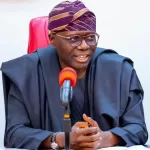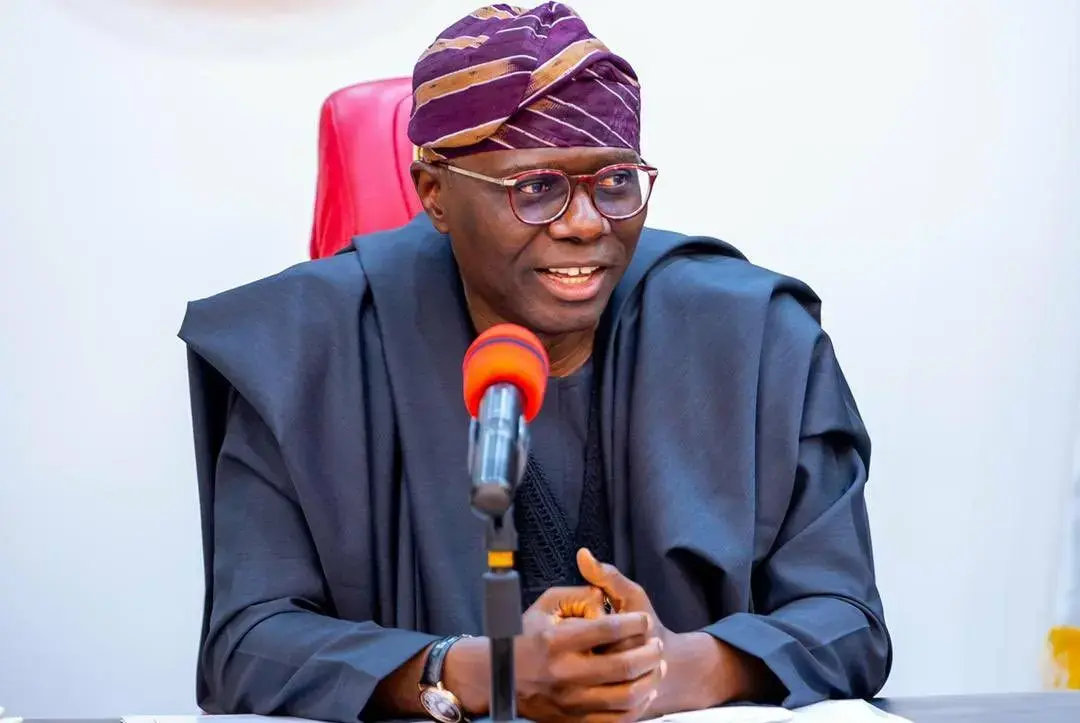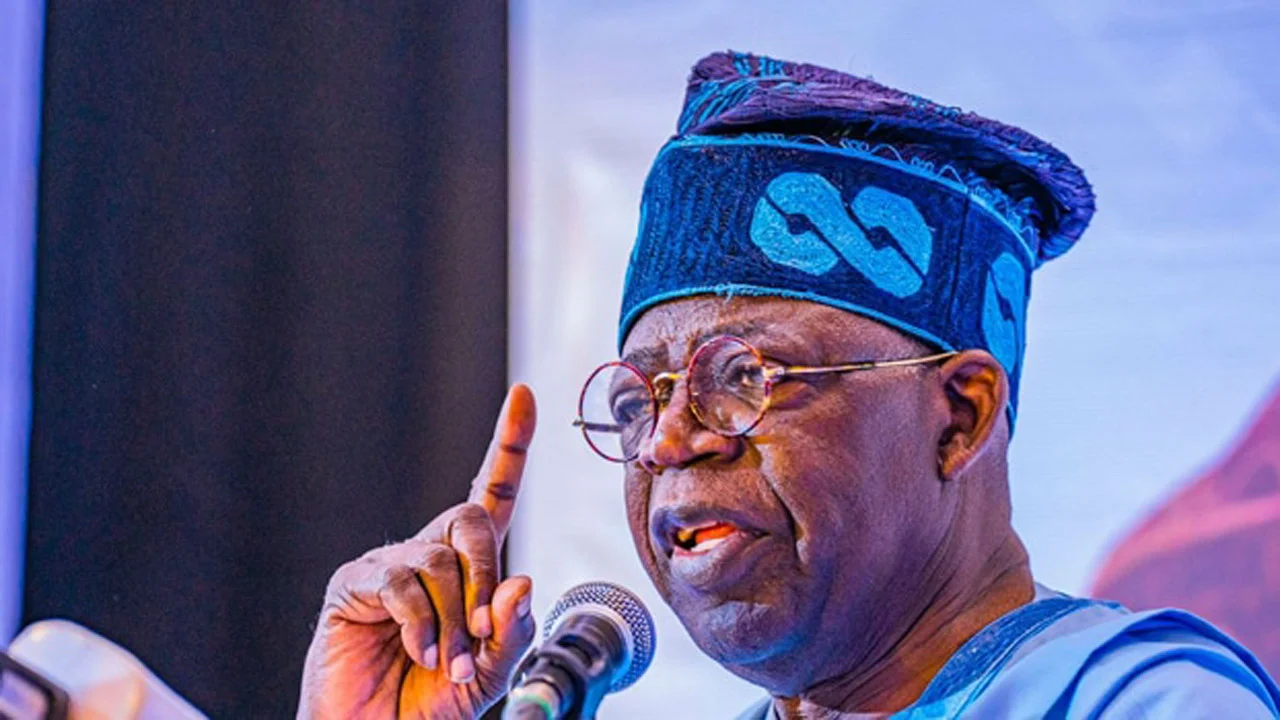The Nigerian automotive industry, the Federal Government is preparing to manufacture and supply items like tyres, batteries, and brake pads locally. This move is part of an initiative to increase the availability of local components in the auto part markets by 40%.
During a recent ministerial sectoral briefing in Abuja to mark President Bola Tinubu’s one year in office, Minister of Industry, Trade, and Investment, Doris Aniete, unveiled this strategic policy. The plan entails collaboration with manufacturers, dealers, regulatory bodies, and other stakeholders within the automobile ecosystem.
Historically reliant on imports to meet the demand for vehicles and spare parts, the Nigerian automobile sector has been a significant importer of automotive components within West Africa. Luqman Mamudu, Chairman of the West Africa Automotive Show, highlighted that Nigeria currently imports about 78.8% of automotive components in the region, spending approximately $6.2bn annually, with $4.2bn accounting for Nigeria alone.
The Minister emphasized the importance of local automotive components, pointing out the potential for substantial foreign exchange savings through domestic production. Collaboration is key in addressing challenges and fostering innovation in the industry. By promoting partnerships among manufacturers, dealers, and regulatory bodies, the sector aims to increase local production capacity and reduce the need for imports.
In a related development, the government has attracted $3.5bn in investments to revitalize the Nigerian Cotton, Textile, and Apparel Industry. This initiative, in collaboration with development partners and the private sector, aims to optimize the sector’s performance and unlock its vast potential for growth.
Additionally, efforts are underway to enhance revenue generation through trade fairs. The Lagos International Trade Fair Complex reported a significant revenue increase in the first quarter of 2024, reflecting the government’s commitment to boosting economic activities and trade prospects.
The revival of the Lagos International Trade Fair after 14 years is seen as a positive step towards reaffirming Nigeria’s position as a regional market hub in West Africa. This revitalization is expected to create market linkages, promote economic activities, and enhance job opportunities across various sectors.
In line with these developments transformative reforms at the Nigerian Commodity Exchange and strategic engagements with international partners aim to enhance market access, trade prospects, and bolster Nigeria’s economy.
To further support exports and protect natural resources, the government plans to establish one-stop export processing centers across geo-political zones. These measures are geared towards streamlining export operations, ensuring compliance with regulations, and safeguarding Nigeria’s economic interests.
To further support exports and protect natural resources, the government plans to establish one-stop export processing centers across geo-political zones. These measures are geared towards streamlining export operations, ensuring compliance with regulations, and safeguarding Nigeria’s economic interests.











